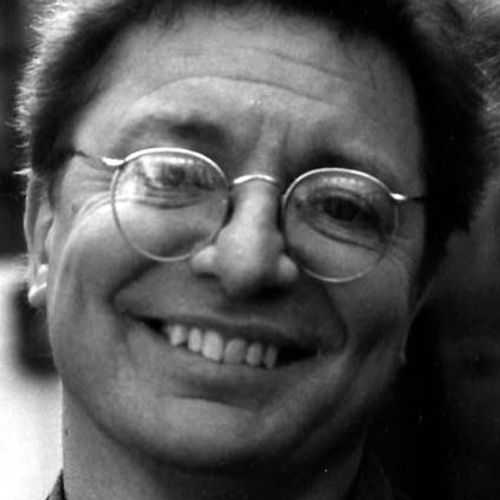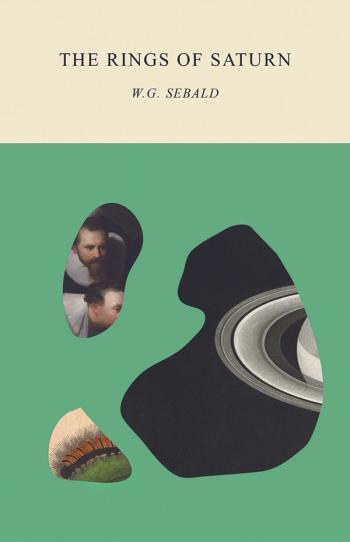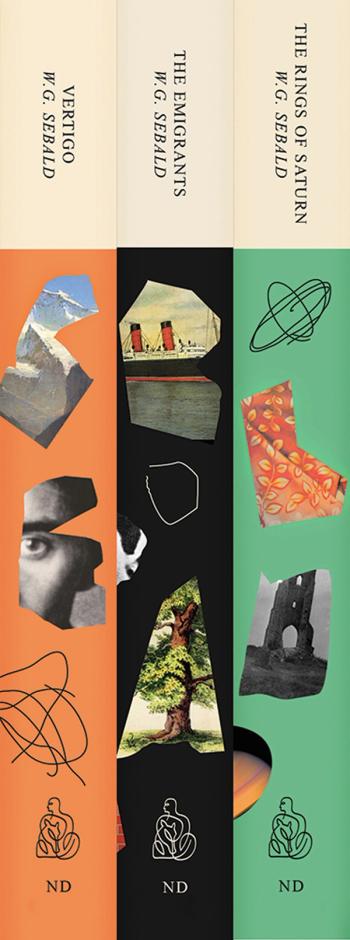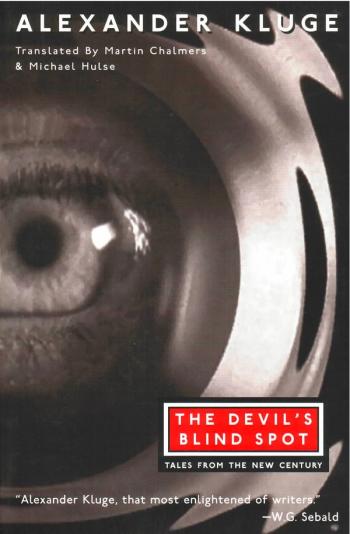As translator
Michael Hulse
Michael Hulse (1955– ) is an English translator, critic, and poet. Hulse has translated more than sixty books from the German, and is known best for his translations of W. G. Sebald’s books. Hulse lived and taught in Germany for many years, but is now an Associate Professor in the Creative Writing Programme at the University of Warwick. He has won first prizes in the National Poetry Competition and the Bridport Poetry Competition, as well as the Society of Authors’ Eric Gregory and Cholmondeley Awards.





